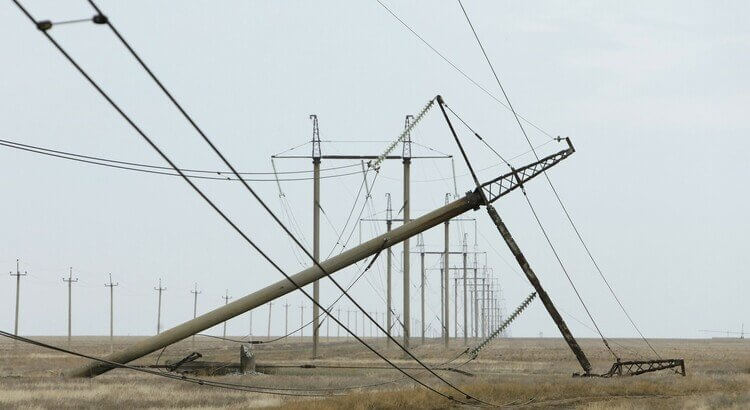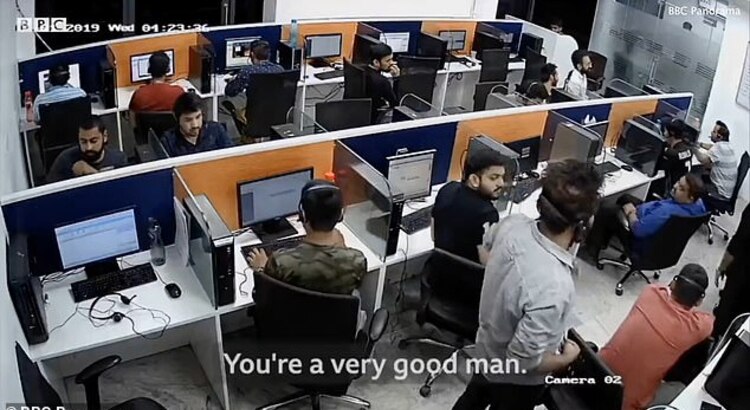Technical support scams (TSS) are responsible for a growing amount of financial losses year after year. Nevertheless, while the victims are losing more money than ever, the number of interactions between criminals and victims is decreasing. Why? Because the scammers are getting better at what they do. In this paper, I demonstrate through examples how the TSS practices have become more advanced recently.
Author: Gabor

Five Eyes Cyber Security Predictions
What cyber threats the future brings to us? An analysis of the cybersecurity strategies of Canada, New Zealand, the UK, the US, and Australia.

Removing Secrets From Your Source Code
This article explains how to keep your software repositories free of passwords, tokens, and private keys.

Ukraine Power Grid Cyberattacks
How the Sandworm hacking team tried to disrupt power supply in Ukraine. An analysis of the three attacks in cyberspace.

Cyberwar and Cyberterrorism: What is the Difference?
Introduction The terms cyberwarfare and cyberterrorism are both used since the 1990s for describing adverse events in cyberspace. Even though the three-decade history of cyberwarfare and cyberterrorism, academic communities could not agree on a widely accepted definition of these terms and draw a clear line between the two types of cyber events.

Dark Web Marketplace Vendor Forensics
Researchers claim that the majority of the dark web exist to facilitate criminal activities, including drug trade, financial fraud, and illegal pornography. This article explores the different methods researchers have experimented with to help the identification and deanonimisation of the marketplace vendors of the dark web.
